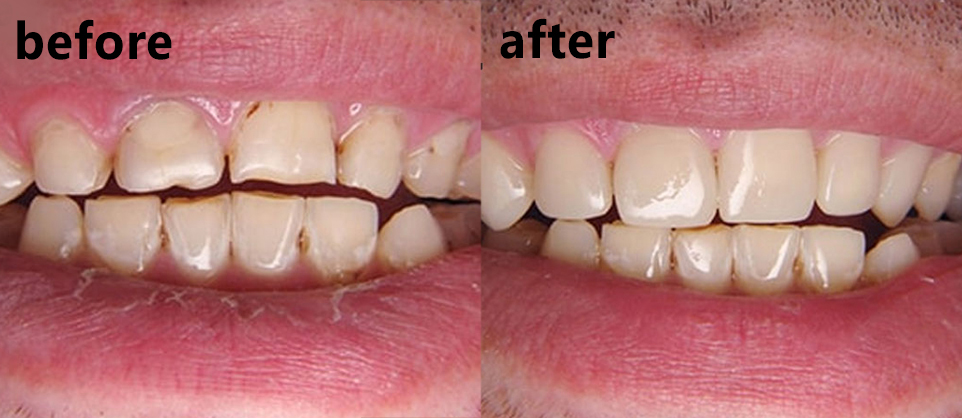


It is the loss of tooth structure by mechanical forces from a foreign element. If this force begins at the cement enamel junction, then progression of tooth loss can be rapid since the enamel is very thin in the tooth region.
It is a drill-less technique that is being used to remove tooth decay and for other applications. During air abrasion, a fine stream of particles is aimed at the decayed portion of the tooth. These particles are made of silica, aluminium oxide or a baking soda mixture and are propelled toward the tooth surface by compressed air or a gas that runs through the dental handpiece. Small particles of decay on the tooth surface are removed as the stream of particles strikes them. The particles of decay are then "suctioned" away.
Yes, Air abrasion is totally safe! The only precautions needed before air abrasion are: Protective eye wear to prevent eye irritation from the spray and the use of a rubber sheet that fits around teeth to protect areas of the mouth that aren't being treated. The suctioning of particles also prevents them from being breathed into the lungs.
The only disadvantage of air abrasion is that this procedure is not necessarily totally painless. The air can cause sensitivity and so can the abrasives used.
Copyright © 2021 EMPIRE Dental Center. All rights reserved | Powered by Chrisans Solutions